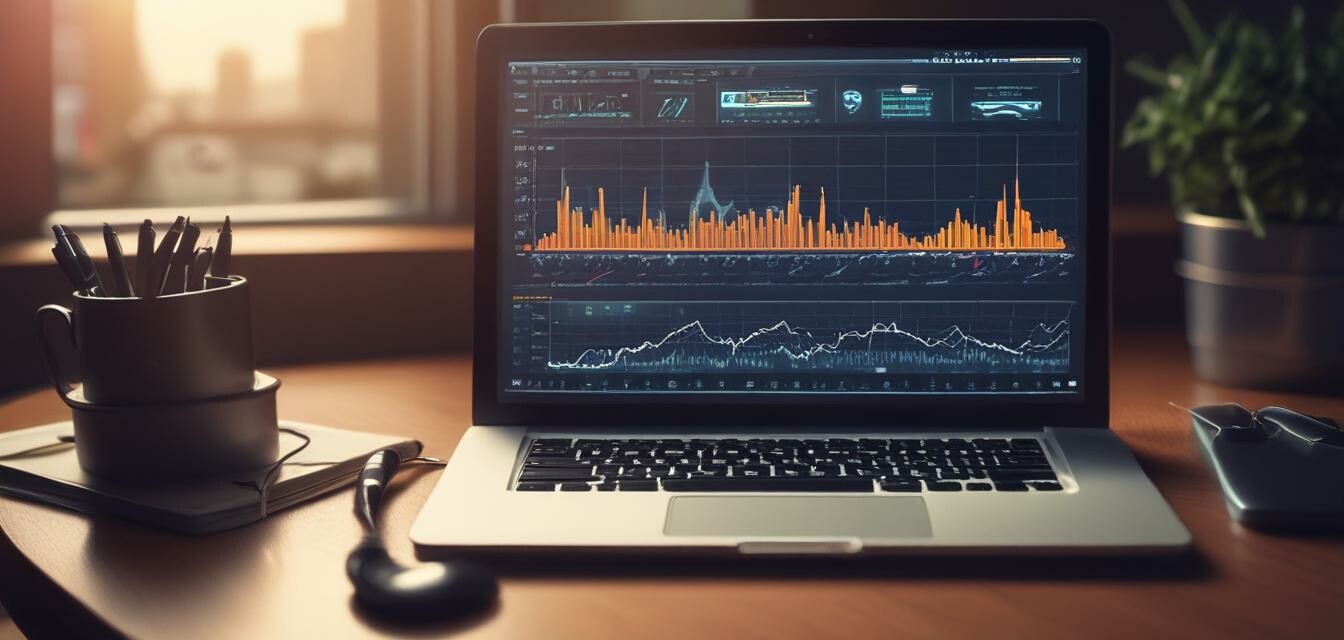
Tips for Optimizing Your Laptop’s Performance
Key Takeaways
- Regular software updates can significantly improve performance.
- Clearing temporary files frees up valuable storage space.
- Upgrading hardware, like RAM or SSDs, boosts overall speed.
- Effective power management settings can enhance battery life.
- Defragmenting your hard drive improves data access efficiency.
Is your laptop running slower than it used to? Are tasks taking longer than expected? Optimizing your laptop's performance can make a significant difference in your productivity and overall experience. In this article, we’ll cover some practical tips to help enhance the speed and responsiveness of your device, ranging from software enhancements to hardware upgrades. Let's dive in!
Understanding Your Laptop's Performance
Before delving into optimization tactics, it’s vital to grasp what affects your laptop’s performance. Factors like processor speed, RAM, storage type, and software can heavily influence how well your laptop runs.
Key Components That Affect Performance
| Component | Effect on Performance |
|---|---|
| Processor (CPU) | Determines how quickly data is processed. |
| RAM | Affects multitasking and speed in handling applications. |
| Storage Type | SSDs offer faster data access compared to traditional HDDs. |
| Operating System | Can influence efficiency and responsiveness. |
Software Tweaks to Boost Performance
Optimizing your software is often the most straightforward way to enhance your laptop’s performance. Here are several actionable tips:
- Keep Your Operating System Updated: Regular updates patch security vulnerabilities and improve performance. Explore more in our latest trends.
- Disable Unnecessary Startup Programs: Limit the applications that launch on startup to speed up boot times.
- Clean Up Your Hard Drive: Remove unused applications and files. Consider tools that help manage your storage effectively.
- Run Disk Cleanup: This built-in utility removes unnecessary files that can slow down your laptop.
- Update Drivers: Ensure that your hardware drivers are up-to-date, as these can affect compatibility and functionality.
Upgrading Hardware for Improved Performance
If software tweaks don't deliver the desired results, consider some hardware upgrades. Here are several components to think about upgrading for better performance:
Hardware Upgrades to Consider
- Increase RAM: Adding more RAM can help your laptop handle more tasks simultaneously, especially if you're running memory-intensive applications.
- Upgrade to an SSD: Swapping out an HDD for an SSD can improve boot times and overall responsiveness.
- Improve Battery Life: Replacing an old battery can enhance your laptop's usability on the go.
Advanced Tips for Maximum Efficiency
If you're comfortable with some technical hands-on adjustments, consider these advanced tips:
- Adjust Power Settings: Modify your power plan to prioritize performance rather than energy savings, especially during intensive tasks.
- Defragment Your Hard Drive: Regularly defragmenting traditional hard drives improves file storage efficiency.
- Regular Maintenance: Clean out dust from fans and vents to prevent overheating, which can throttle performance.
Conclusion
Optimizing your laptop's performance doesn't need to be a daunting task. By following the steps and tips provided in this article, you can significantly improve your laptop's speed and responsiveness. Whether it's through simple software adjustments or hardware upgrades, staying proactive in maintaining your device will ensure you can rely on it for your daily tasks.
Pros
- Speed improvements enhance productivity.
- Longer hardware lifespan with proper maintenance.
- Customizable upgrades based on your needs.
Cons
- Some upgrades can be costly.
- Technical knowledge required for advanced tweaks.
- Time-consuming to implement certain changes.
For additional insights, you might find our article on choosing the right laptop for your needs helpful as you consider future upgrades and purchases.